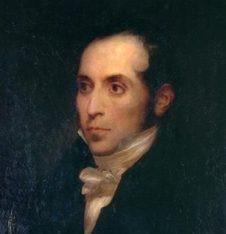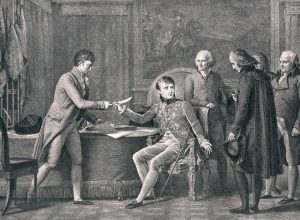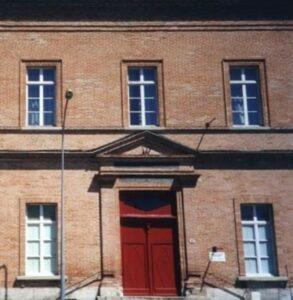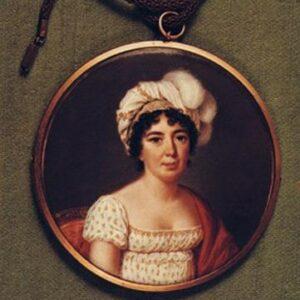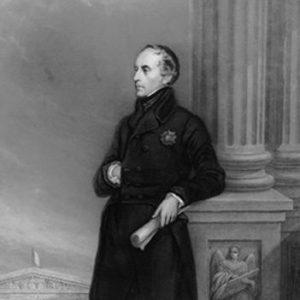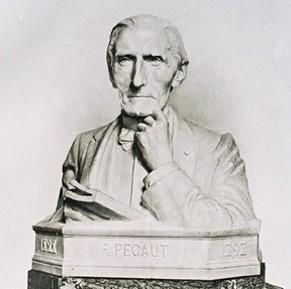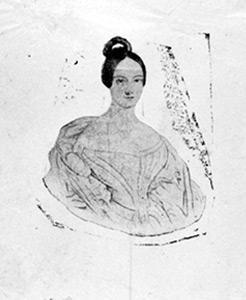Respectability is restored, but independence of judgment is maintained
The Concordat officially acknowledged the existence of the Reformed and the Lutheran Churches. In Paris, leading Protestant citizens were satisfied to see that the consistories were made up of outstanding personalities. Delegations of pastors were convened to the coronation of Napoleon, who warmly responded when they rendered him their respects. Victories of the imperial army were announced from the pulpit. Protestant generals, such as Rapp and Walther, participated in such military action, Walther being commander-in-chief of the Guard cavalry. Numerous Protestants played a role in upper administration and university life.
The Churches reorganized their communities and especially their religious leadership. In 1808 a Faculty of Theology was created for the Reformed Church in Montauban, in addition to the existing Strasbourg Theological Faculty – reserved to Lutherans – and that of Geneva which, at the time, was part of the Empire. In 1814 the pastoral corps, weakened after 1792, had increased to 214 pastors in charge of reformed parishes – almost twice as many as in 1802.
French Protestantism gradually became regarded with more respect, though its religious ties with England – the enemy – caused some suspicion. In fact, public opinion did not pay much attention to Protestantism, some even suggesting it would soon merge with the Catholic Church.
Napoleon’s entourage included few Protestants, and the best-known of these, such as Madame de Staël and Benjamin Constant, soon proved to be his opponents.

